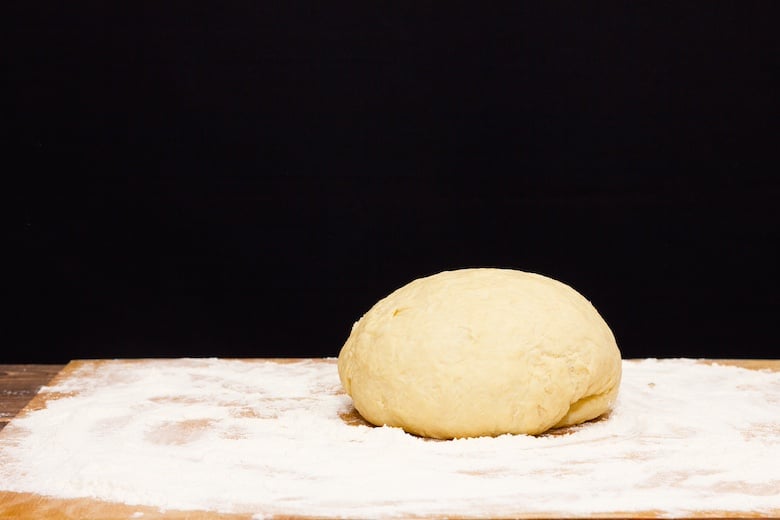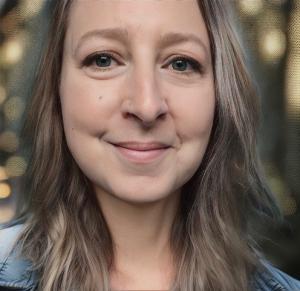
This week I found my essay written in November 2016, just days after the first Trump election. On re-reading it, I was surprised at how timely it feels and how presentiments from that time are tragically actualizing day by day. Also this week I heard a prominent writer reflecting on that period, on how people called her a ‘Cassandra’ in 2016, saying she was overreacting to things the candidate was saying. “I so wish I had been wrong,” this author said. I feel exactly the same way. God, I’d love to be eating my words right now, finding that this man was really not so bad. But alas. Here I share my November 2016 essay again.
Dawn Come Swiftly
“It is always darkest before the dawn,” a friend reminds me, the remark about the presidential election. It is all about the long view these days—a sentence I write not dismissively, not to make myself feel better or assuage my disquiet, but amidst grief and disgust.
Never have I appreciated more the long view: the wisdom traditions, prophets, the dream-sequence symbolic truth of apocalyptic literature. I am going back and reading old words: the scriptures, but also beloved writers like Thoreau, Hildegard of Bingen, James Baldwin, and Rumi. I am listening to the folk singers and the poets and re-listening to old episodes of OnBeing to reconnect with the wise ones among us now, the ones who speak with eloquence from the long view of faith and philosophical traditions, from the perspective of art. I need them to remind me that history has knit this scenario many times before—backlash, violence-breeding, politics of exclusion, saber-rattling—and still the shimmering tapestry of God takes shape, with its contours of redemption and surprise, and more color than we ever imagined.
It is clear the choice to proffer the reins of power, the reign of power, to Donald Trump and those he will appoint to execute it, was racially motivated for many (though not all). For many, it was a choice to draw heavy lines and build walls between insiders and outsiders, so the insiders might never abrogate an inch of their power domain. And amidst tall walls and opaque lines, it gets quite dark. In America, for many, those walls tower. It feels dark. Children go to bed with tears, fearing the president-elect will do what he said, in his campaign, that he would do.

Take a Good Look at Yourself
Yet as the long view affirms, the dawn is predictable. The elders know. Once again we will shake our heads at the myopia of the line-drawers, including the latest. What were they thinking? we will ask. We will see their plans as doomed from the start. After all,
The earth is God’s, and everything in it;
the world, and all who live in it. (Psalm 24:1)
Or said another way by the mystic Hildegard of Bingen: “Humanity, take a good look at yourself. Inside, you’ve got heaven and earth, and all of creation. You’re a world—everything is hidden in you” (from Causes and Cures). God is alive in and through us. This is the good news.
Pervasive Bigotry and Callow Fear
I worry about the trauma being caused, especially for children. I have heard mothers and teachers of non-white, or non-Christian, or non-citizen children asking: “What do I tell her? What do I tell him?” Their children are afraid. Yes, “It is always darkest before the dawn,” but how deep the darkness and how near the dawn, all depends. It depends on whether Americans look deeply, allowing the darkness to hold up a mirror to us so we collectively learn what we previously did not know, what we refused to see, or what we forgot. For white Americans, it depends on reckoning with our pervasive bigotry and callow fear of sharing.
There is a powerful photo circulating of a Native girl at Standing Rock, holding up a tall mirror before a dense, black bank of police in riot gear. Many of those men and women are “just doing their jobs,” following commands, and it so happens, are sometimes commanded to pepper-spray peaceful protestors, to fire plastic-coated bullets into the faces of those standing unarmed in defense of water. Perhaps in all of that cumbersome gear they cannot see, neither in the mind’s eye, how this appears, what is really going on. Perhaps like Jesus said from the cross, “They know not what they do.” And so a young girl holds up a mirror.
Unite for the Common Good
If a mirror is held up to the United States now as a country, what does it show us? What will we see in that mirror over the next several years? Our ability to clearly and honestly see ourselves, and to amend what needs amending, will determine how near the dawn. Already we are seeing hundreds of hate incidents fomented in response to Donald Trump’s victory—assaults, verbal abuse, violent graffiti, ramped-up schoolyard bullying. How do we acknowledge this and not look away? How do we not stay silent? How do we respond in such a way that in the mirror we also see individuals lovingly and nonviolently speaking up for those who are threatened; that we also see hospitality across insider/outsider lines—a shared pot of soup, an unexpected compliment, a random kindness; that we see people stretching beyond their comfort zones to speak truth with shaky voice and pure heart, rather than hiding away in fear and distraction; that we see a dawning realization of what sharing means, what it means to unite for the common good?
Jesus taught that the kingdom of God is among us and that God is restoring all things. This is the long view of my tradition. What is the long view of yours? What does it ask of you? Despite this or that movement of history, even when the shadows fall so thick and long over our horizon that we strain to see it, God’s persistent work is enlightening humanity, working inconspicuously like yeast in dough, and we are asked to allow it. We are invited to participate.
Dawn come swiftly.
If you liked this article please leave me a comment below; I am interested in your perspective. To support my writing, please subscribe and share with a friend!
Wren, winner of a 2022 Independent Publishers Award Bronze Medal
Winner of the 2022 Independent Publisher Awards Bronze Medal for Regional Fiction; Finalist for the 2022 National Indie Excellence Awards. (2021) Paperback publication of Wren , a novel. “Insightful novel tackles questions of parenthood, marriage, and friendship with finesse and empathy … with striking descriptions of Oregon topography.” —Kirkus Reviews (2018) Audiobook publication of Wren.















